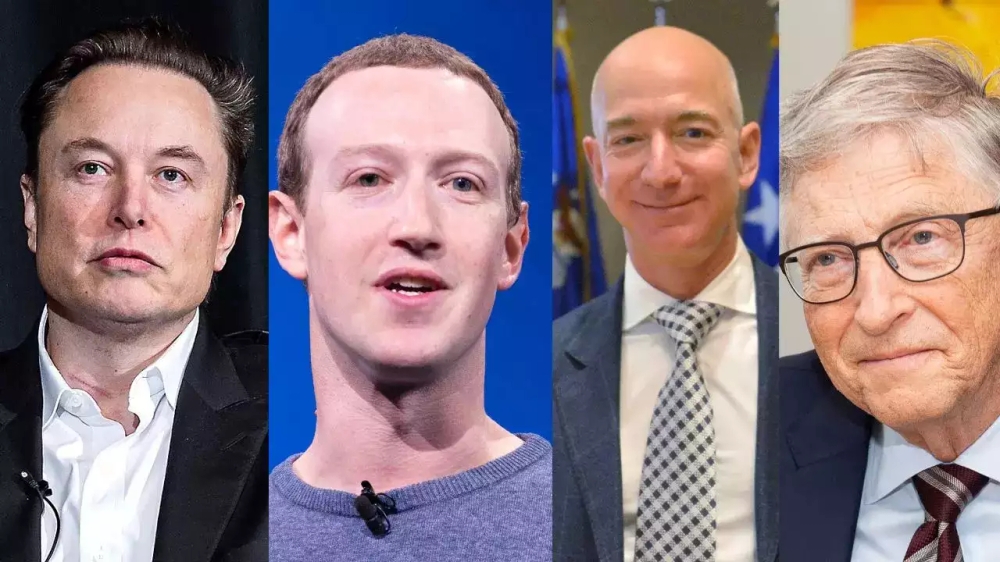Published
- 4 min read
Billionaires and Politics: The Long Game of Influence

The Historical Nexus of Wealth and Politics
Throughout history, wealth has been a powerful tool for shaping political landscapes. From industrial magnates funding early political movements to modern-day tech billionaires influencing policy on AI, free speech, and global communications, money and power have been inseparable allies. While the public nature of these interactions has grown more transparent, the mechanisms remain fundamentally unchanged.
Tech Moguls and Their Political Agendas
In the digital age, billionaires like Elon Musk have adopted a more prominent role in global politics. Musk, a symbol of technological innovation and disruption, has not shied away from engaging with political figures across ideological spectrums. Whether fostering relationships with former UK Prime Ministers or exploring financial backing for populist figures, Musk exemplifies how tech leaders leverage their resources and networks to influence political discourse.
His focus on critical issues like AI regulation and communication technology positions him as more than a business leader—it casts him as a key player in shaping the future of governance. These interactions aren’t isolated incidents but are part of a broader strategy to align political outcomes with business interests, blurring the lines between corporate ambition and public policy.
The Power of Financial Contributions in Political Campaigns
The influence of billionaires extends beyond advisory roles or policy discussions. Financial contributions to political campaigns or movements often create ripple effects that reshape the political landscape. Reports suggesting potential donations to parties advocating for radical change illustrate this. Such investments raise questions about democratic integrity when financial power becomes a substitute for popular will.
The potential $100 million donation to a reformist political figure underscores this phenomenon. Whether such funding succeeds in altering election outcomes, it undeniably shifts the narrative, forcing traditional parties to react and adapt.
The Risks of Concentrated Influence
While billionaire involvement in politics can sometimes accelerate innovation or highlight neglected issues, it also poses significant risks. Concentrated influence threatens to erode democratic norms, particularly when financial resources overshadow grassroots movements. This dynamic raises critical ethical and regulatory questions: Should billionaires wield such disproportionate sway over public policies? How can democratic systems ensure accountability and transparency?
Historical parallels with figures like Andrew Carnegie or J.P. Morgan reveal that such dynamics are not new. However, the global interconnectedness of modern billionaires and their industries makes their influence more pervasive than ever before.
A Global Phenomenon
The phenomenon isn’t limited to the United States or the United Kingdom. Across the globe, billionaires are increasingly shaping political narratives. In regions like South Asia, corporate giants have influenced elections and policymaking, often prioritizing economic growth over social equity. In Europe, similar patterns emerge as business leaders engage with governments on climate policy and technological advancements.
This globalization of influence underscores the need for a cohesive regulatory framework. Without one, the disparity between economic power and public accountability will continue to grow, exacerbating socio-political inequalities.
Can Policy Keep Up?
Governments must grapple with the challenge of managing billionaire influence without stifling their contributions to innovation. Striking this balance requires updated policies on campaign financing, lobbying, and corporate-government interactions. Transparency initiatives, citizen oversight, and ethical standards must evolve alongside the growing clout of wealthy individuals in politics.
Public awareness and activism also play a crucial role. Citizens must demand accountability not just from politicians but also from those who fund them. Highlighting these dynamics is essential for fostering a more equitable and transparent political process.
Conclusion: The Enduring Dance of Money and Power
Billionaire involvement in politics is neither inherently good nor bad—it is a reflection of power dynamics that have existed for centuries. What distinguishes the modern era is the heightened visibility of these interactions and their immediate global implications. As the public becomes more aware of these dynamics, the call for accountability and fairness grows louder.
The question is no longer whether billionaires will influence politics but how societies will respond. Will democracies adapt to ensure a level playing field, or will wealth increasingly dictate policy? The answer will shape the future of governance in an age where money and power remain deeply intertwined.
